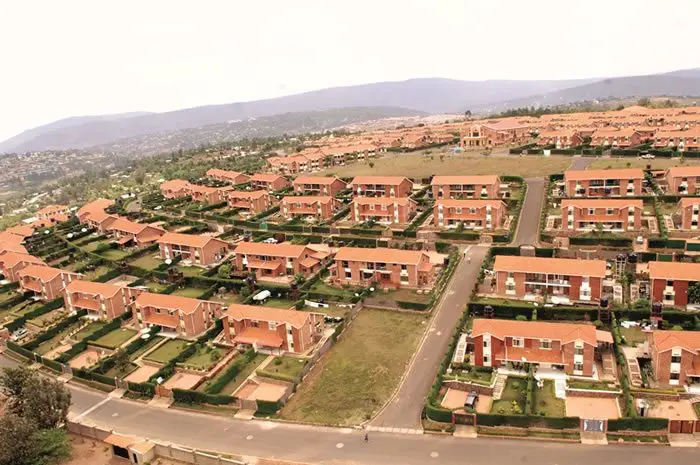Regarded as a high risk for high return kind of investment, the sub-Saharan real estate market is welcoming unusual visitors: long term investors from foreign countries. Reuters reported last week that despite political instability concerns, ebola spread concerns, and terrorism threats, these investors are being pulled into the sub-Saharan real estate market by a forecasted 20% annual return in the African real estate market, and are investing in industrial complexes, shopping malls and office blocks among others, in different countries in the region.
According to Thomson Reuters data, a record $10bn dollar debt in sovereign and corporate issuance last year was taken by investors. This year, they have managed to take US$5 bn according to the report. Investors are taking the risk to invest in the real estate market, even when countries like Kenya and Senegal offer only 5% or 6% yields on bonds.
Among the countries mentioned in the report include Rwanda and Mozambique where the real estate industry will benefit from the US$250m fund to be launched by Momentum Global Investment Management early this year. The sub-Saharan real estate fund will focus on developing shopping malls and office buildings in real estate market in these countries.
Momentum will expect to finally make a kill, even though the fund has a life of up to eight years. Head of Africa investment strategies at Momentum Mr. David Lashbrook says, “The number one reason (to invest) is return – 18-20 percent on an annual basis, if you are in for the full eight years,” said David Lashbrook, head of Africa investment strategies at Momentum,” adding that they hope to get institutions that can be locked for eight years.
Fund managers have indicated possibility of growth of real estate in Africa as many people gain more spending power and move to the cities. Of the 2.5 billion people to move to the cities over the next three decades due to growth of population and urbanization, many hail from Africa.
